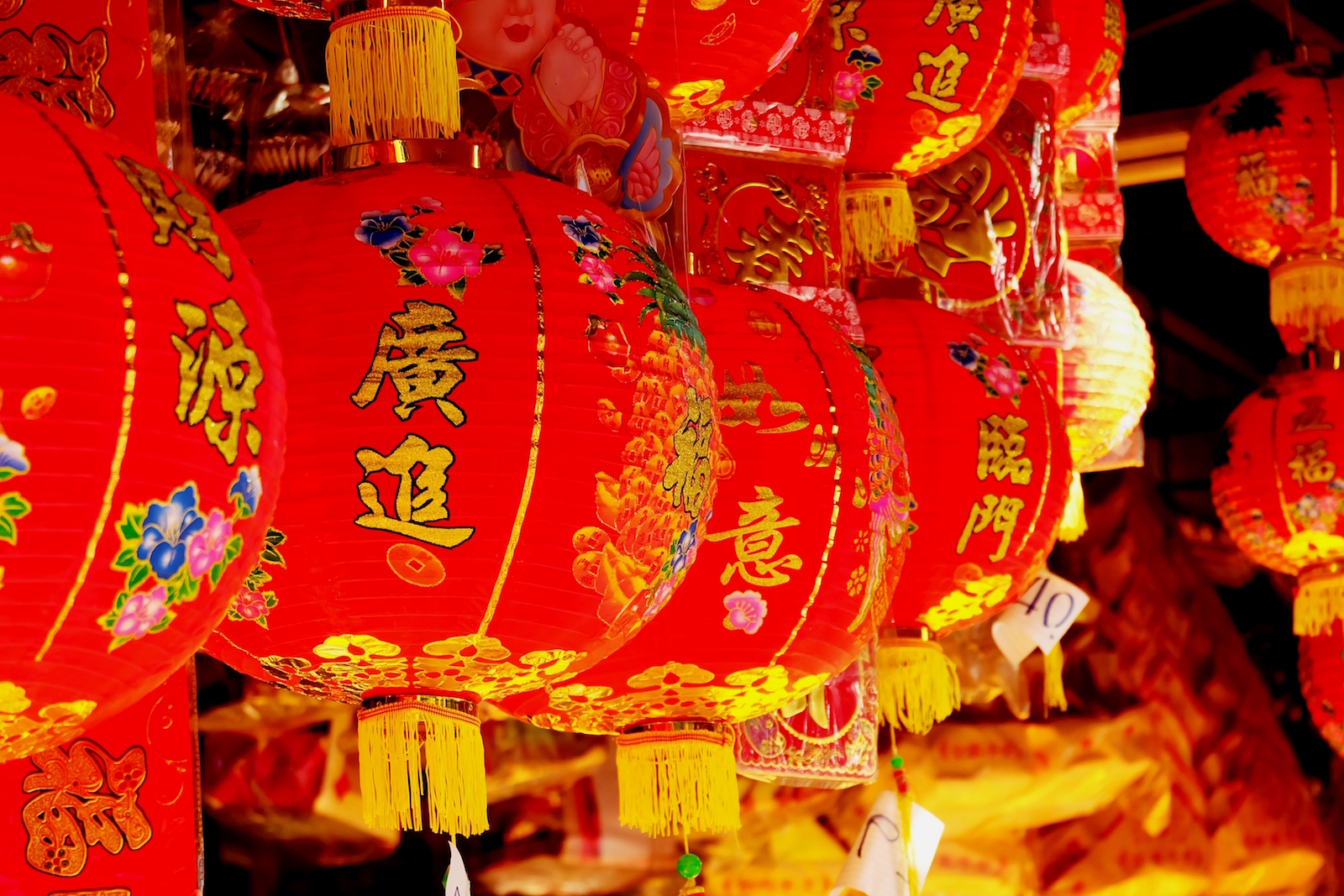Public Holidays in China
Public holidays in China can be a source of some confusion for foreign businesses that are not familiar with customs and working patterns around certain dates of the year. It is important to keep abreast of public holidays in China, as businesses often shut down for extended periods – often longer than the actual holiday (particularly during Chinese New Year and around May 1 and October 1). When arranging meetings with partners or customers, the first thing you should do is check the Chinese calendar and avoid national holiday periods.
Payment of workers is also affected by statutory holidays. Under standard employment arrangements, employees will receive 300 per cent of their normal rate of pay if they work on a statutory holiday. Employers may find that employees return to their family homes for an extended period around Chinese New Year, and may in some cases not return after the holiday.
In China, if a holiday falls mid-week, the weekend is ‘moved’ next to the holiday in order to give people more time off. This then means that workers work on the original weekend days. For foreign businesses without experience in China, this system can cause confusion. In some cases additional days will be taken as holidays nationally even though they are not officially listed holidays. When public holidays fall on weekends, a public holiday is taken on the following weekday.

Chinese New Year
In China, New Year festivities last for 23 days, beginning on the 23rd day of the 12th lunar month of the Chinese calendar and ending on the 15th day of the first lunar month. It is traditionally a time for reuniting with relatives, so many people visit their families.

Qingming Festival
Qingming Festival is an important day of sacrifice for many Chinese people, who mark the occasion by sweeping tombs to commemorate their ancestors.
Dragon Boat Festival
Racing decorated wooden dragon boats is the favoured activity of revellers during the Dragon Boat Festival.
Mid-Autumn Festival
Mid-Autumn Festival takes place on the 15th day of the 8th month on the Chinese calendar, usually in September or October. Families congregate to dine on mooncakes and celebrate the harvest moon.
National Day
“Golden week”, as this is known, is the biggest week in China for tourism, with many locals travelling to reunite with their families.
An important holiday for businesses in particular is Singles Day, falling each year on 11 November. It is the world’s largest one-day online sale. Originally a university holiday, Chinese e-commerce company Alibaba pushed to make it a shopping festival – now their registered trademark, Singles’ Day generates more than two and a half times the amount of sales as the US’s equivalent – Cyber Monday. It has broken global consecutive sales records since its inaugural day on November 11, 2009. Sales in Alibaba’s site Tmall and Taobao reached over US$14.3 billion in November 2015, up from US$9.3 billion in 2014.
‘Double 12’ (12/12) is Alibaba’s new shopping festival – with a particular focus on SME business and promoting their products online. Double 12 was originally promoted on Alibaba’s Taobao and has spread to other online platforms including jd.com, suning.com and amazon.cn. It’s estimated that over 2 million online retailers take part. In 2014, Alibaba moved the shopping festival to be offline with consumers able to take advantage of sales in retail stores by paying through ‘Alipay’ (similar to Paypal).
Want to learn more? Explore our other China information categories or download the China Country Starter Pack.
